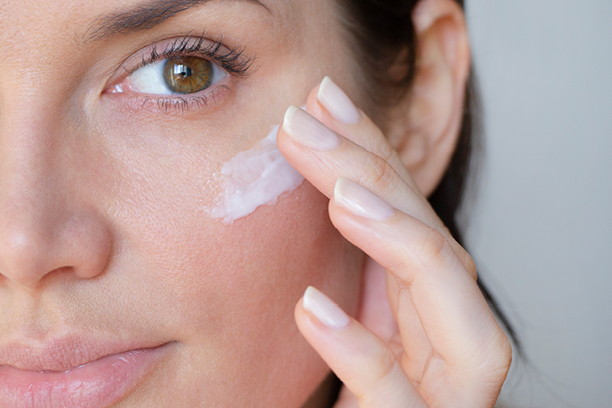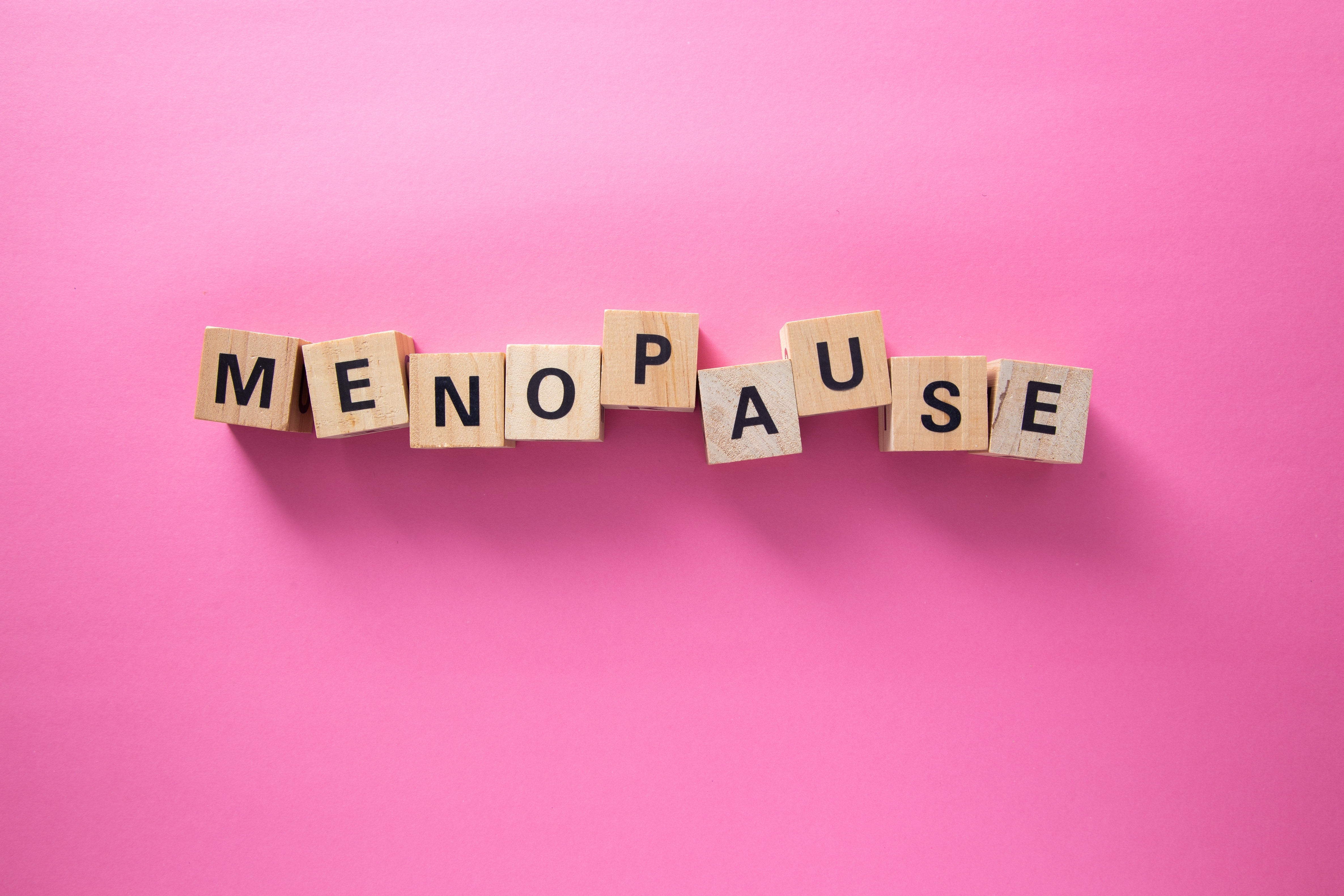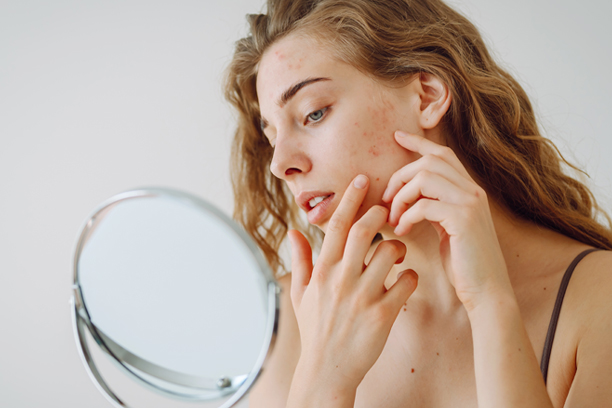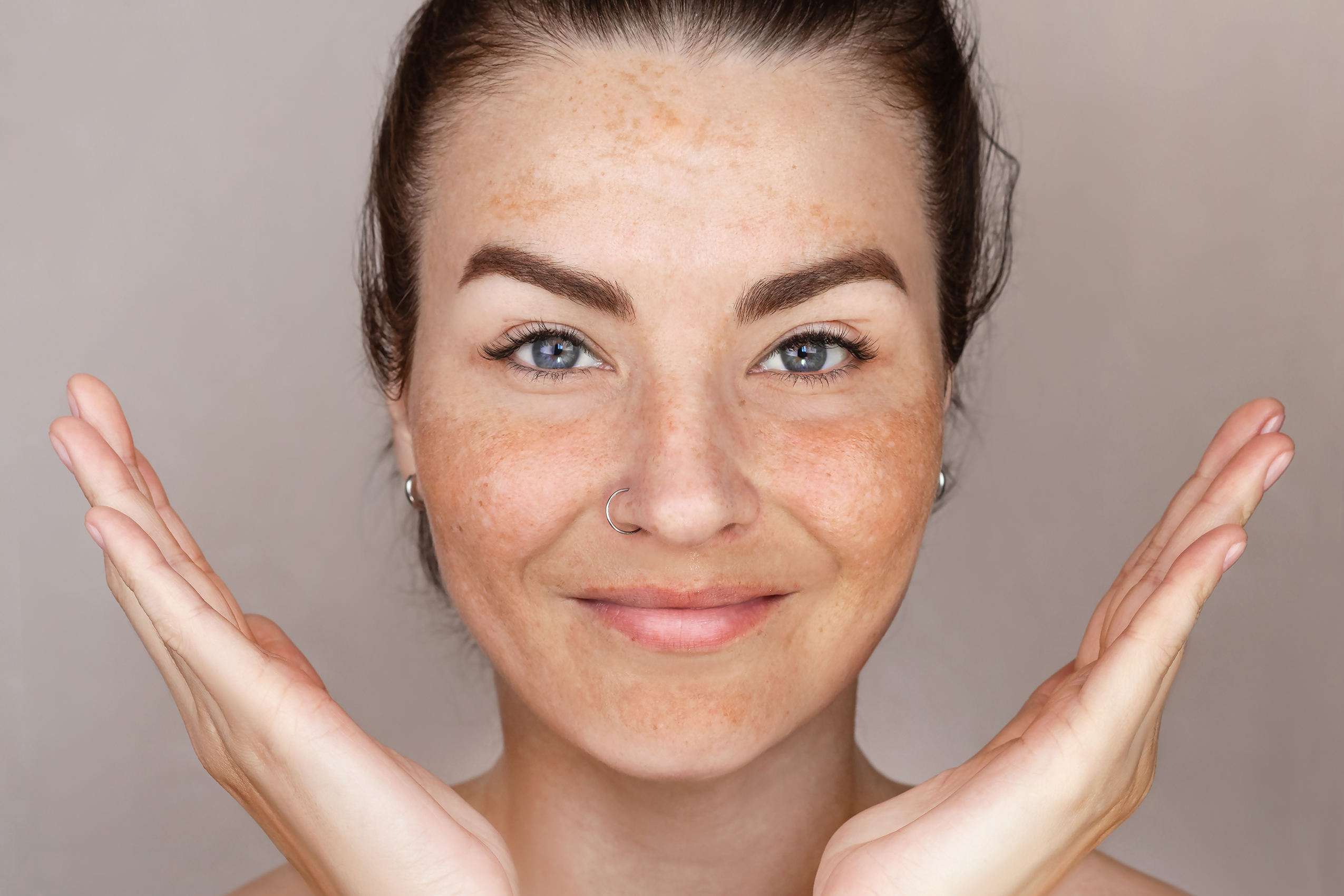We use cookies to make your experience better. To comply with the new e-Privacy directive, we need to ask for your consent to set the cookies. Learn more.
Free delivery on orders over £50
Blog
Tried, Tested & Loved: Our Most Loved Skincare
Love is in the air! This Valentine’s month, it’s the perfect time to show yourself (and your skin) a little love. At Eve Taylor London, we’re celebrating the products that therapists and customers simply can’t get enough of.
Winter SOS: How to Reset and Repair Skin Without Overdoing It
Winter can be tough on skin. Cold air, central heating, festive indulgence and disrupted routines can all leave skin feeling tight, sensitive and out of balance. At this time of year, skin doesn’t need harsh fixes or aggressive treatments — it needs calm, comfort and repair.
Glow Up for the Festive Season
December is the month of sparkle — shimmering lights, festive gatherings, and the perfect opportunity to give your skin a well-deserved glow up. Whether you’re preparing for parties, family celebrations, or simply want to look radiant throughout the winter season, the right skincare ritual can make all the difference.
Caring for Sensitive Skin: Understanding, Calming, and Protecting Delicate Complexions
Sensitive skin can feel like a constant balancing act — one day calm and comfortable, the next red, itchy, and irritated for seemingly no reason. If this sounds familiar, you’re not alone. Sensitive skin is one of the most common concerns we hear about, and understanding its causes and how to care for it can make all the difference.
Menopausal Skin: How to Care for Your Skin During Perimenopause and Beyond
The transition through perimenopause and menopause is a natural stage of life, but the skin often reflects the hormonal changes happening within the body. For many women, this time brings new or unexpected skin concerns — from dryness and dullness to sensitivity, redness, or even breakouts.
Back to School: Helping Your Teen Keep Their Skin Clear
September is back-to-school season — a fresh start for routines, new stationery, and, importantly, skincare. For many parents, this is the ideal time to help teens take a closer look at their skin health. With the right products and habits, you can support them in keeping breakouts under control and boosting their confidence as they head back into the classroom.
Understanding Breakouts: What’s Really Happening Beneath the Skin
Breakouts are one of the most common skin concerns, affecting individuals at all ages and stages of life. Whether occasional or persistent, understanding the mechanisms behind breakouts can help us make more informed decisions about how to care for the skin and reduce future flare-ups.
Why SPF Should Be the Most Important Step in Your Skincare Routine
We all want healthy, glowing skin—but if you're not protecting it from the sun every single day, you're missing the most crucial step.
Be Body Beautiful. Common Body Skin Concerns – and What to Do About Them
Skincare isn’t just for the face – our body needs care too. From back acne to dryness and cellulite, common concerns are treatable with the right home routine and salon treatments.
Understanding Hyperpigmentation: What It Is and How to Help Manage It
Hyperpigmentation refers to areas of skin that appear darker than the surrounding tissue. This discolouration is caused by an excess of melanin – the pigment that gives our skin its colour – being produced in certain spots. These dark patches can vary in size and depth, and may fade over time or persist without a consistent skincare routine.


















